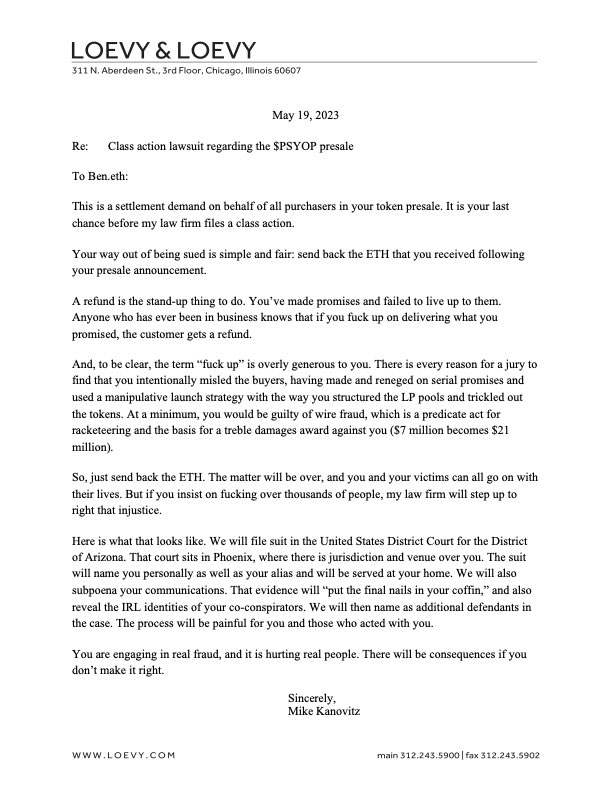
The US Internal Revenue Service is trying to clarify how the murky area of non-fungible tokens (NFTs) should be classified for tax purposes.
Yesterday (March 21), the IRS and the US Treasury Department announced that they are requesting feedback on upcoming guidance regarding their classification of NFTs as collectibles for tax purposes, a category that includes assets such as physical art, antiques, coins and gems.
This classification is likely to increase taxation on NFT profits, as well as excluding the digital assets from individual retirement accounts.
“This is potentially quite significant,” said Andrew Gordon, an Illinois-based tax attorney who specializes in cryptocurrency and NFTs. While the digital assets have gained popularity in recent years, there was no formal guidance on how to classify them for tax purposes, he said. “From a tax point of view, there has been confusion as to whether they should be taxed as collectibles or taxed in the same way as cryptocurrencies.”
In October, the IRS introduced a draft bill that grouped NFTs and cryptocurrencies under the same “digital asset section,” leading some to believe that NFTs would not become collectibles, Gordon said. Now, the agency’s announcement appears to clarify that they are likely to be grouped as collectibles in the future, with financial implications for NFT holders.
Increase in capital gains tax
“Collectibles also generally do not enjoy the same favorable tax treatment as other capital assets,” the IRS said in its announcement. Under the U.S. tax code, collectibles are subject to a 28 percent capital gains tax when sold, compared to 20 percent for stocks, bonds and cryptocurrencies, Gordon said. It is also prohibited to hold collectibles in IRAs.
The IRS said it plans to determine NFT classifications on a case-by-case basis and will determine groupings by examining associated rights and assets. For example, an NFT related to a gem would fall under the collectible category, while an NFT related to the development of a virtual plot of land in the metaverse could be classified as a non-collectible asset.
This will lead to additional work for NFT holders and tax professionals, according to Gordon. “It would make things easier if there was a general classification.”
The IRS and the Treasury Department are requesting comments on the new proposal, including what burdens it would impose and how an NFT should be classified when it has multiple rights related to both collectibles and noncollectible assets, which they will accept and publish until June 19.
“Part of the uncertainty right now is will this guidance from the IRS be on a prospective basis or will it be retroactive?” said Gordon, who hopes the agency chooses the former option. Otherwise, those who previously held or sold an NFT may end up owing tax from earlier years due to the difference in the capital gains tax rate, he said.


























